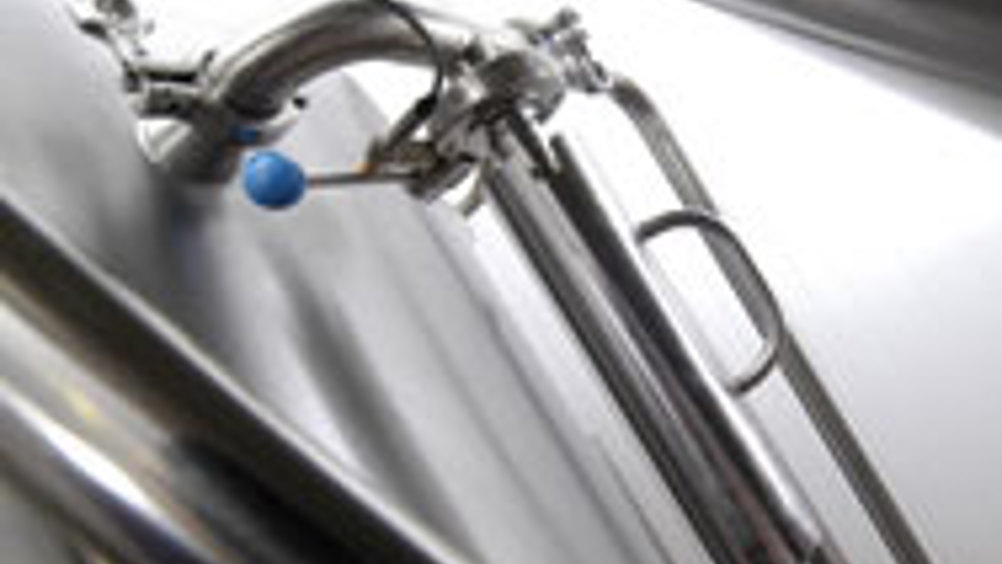Mist opportunity
The American military is to evaluate a UK-developed system that deluges chemical or biological agents with six trillion droplets of decontaminant per second.

The American military is to evaluate a UK-developed system that deluges chemical or biological agents with six trillion droplets of decontaminant per second.
The system, called PDX Basilisk, is designed to fill areas affected by airborne hazardous particles with an ultra-fine mist of decontaminating chemicals.
Hertfordshire engineering group Pursuit Dynamics, which developed Basilisk, has signed a contract with Darpa, the US military’s top-secret technology research arm. Under the year-long deal, Darpa will look at uses for PDX Basilisk as part of its research into new technologies for dealing with chemical, biological and radiation attacks on cities and buildings.
Basilisk is the latest specialist application to be developed by Pursuit Dynamics for PDX, which uses steam-injection technology to create a supersonic vapour flow and ‘shockwave’ that atomises water and chemicals to a fine mist.
The company claimed it can continuously project a higher volume of decontaminant over a greater distance and at smaller droplet size than is possible with any alternative technology. According to Pursuit Dynamics, it can fill a 600m3 area within 15 seconds.
Register now to continue reading
Thanks for visiting The Engineer. You’ve now reached your monthly limit of news stories. Register for free to unlock unlimited access to all of our news coverage, as well as premium content including opinion, in-depth features and special reports.
Benefits of registering
-
In-depth insights and coverage of key emerging trends
-
Unrestricted access to special reports throughout the year
-
Daily technology news delivered straight to your inbox










UK Enters ‘Golden Age of Nuclear’
The delay (nearly 8 years) in getting approval for the Rolls-Royce SMR is most worrying. Signifies a torpid and expensive system that is quite onerous...